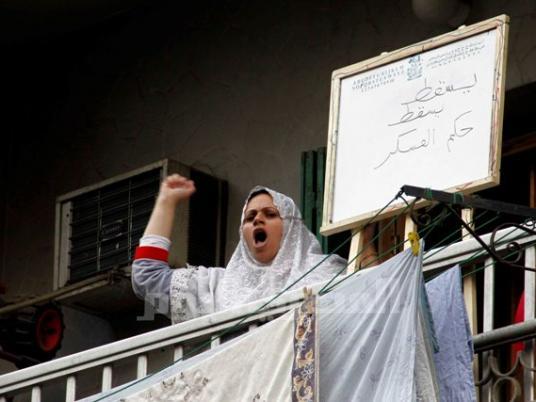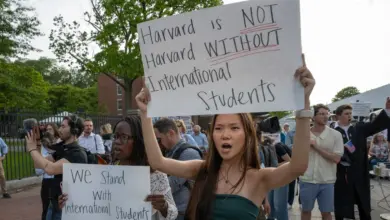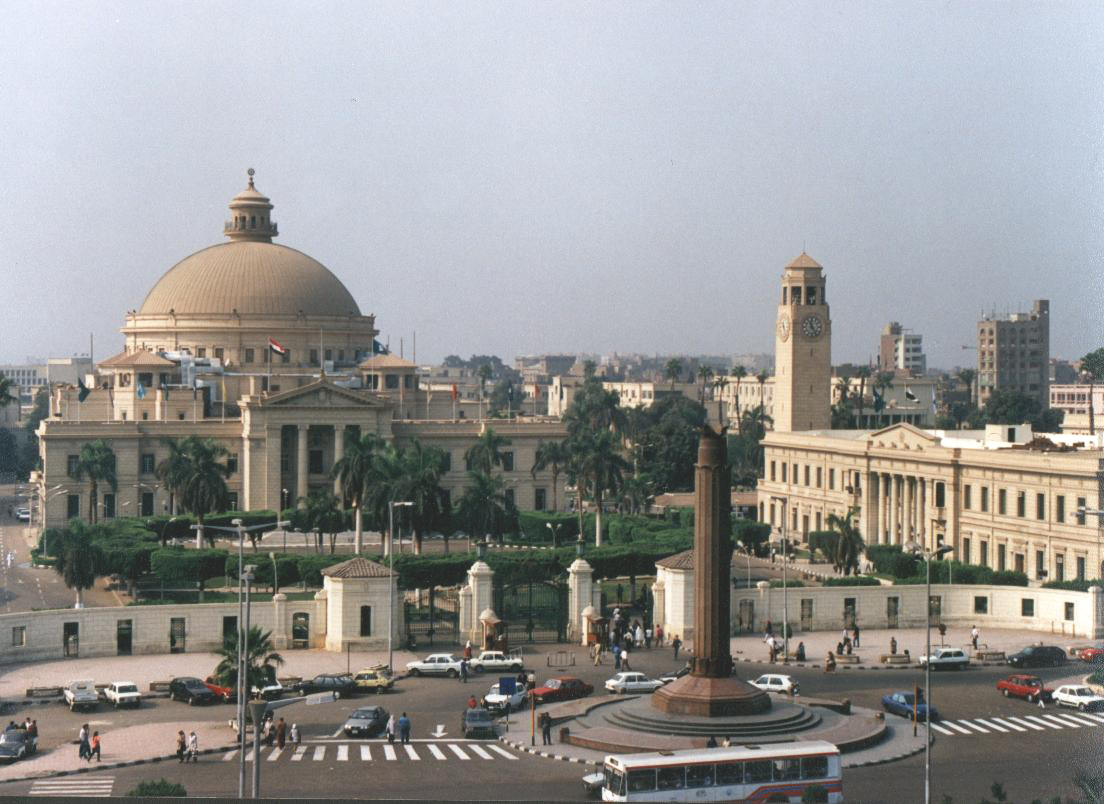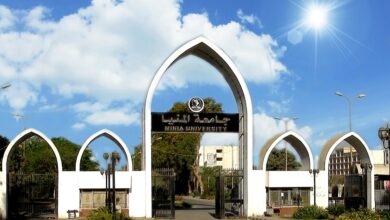
A rights organization has filed a lawsuit against Higher Education Minister Hussein Khaled, challenging his decision to invite nominations for university student union elections without modifying the old bylaws governing them.
The Association of Freedom of Thought and Expression said the minister’s decision means the elections will be held in accordance with controversial bylaws issued in 2007.
The lawsuit, filed by the group on behalf of a Cairo University student named Osama Ahmed, says the bylaws violate rights university students would expect to have. The conditions for nomination are difficult for students to satisfy and the bylaws allow university administrations to interfere in student affairs, the lawsuit says.
The group said news had circulated that the minister intended to submit a proposal to the People’s Assembly to amend the regulations after students demanded they be changed.
His decision to go ahead with elections without changing the regulations was a surprise to everyone, the group said.
The group said new regulations need to be formulated following extensive in-depth discussions with university students from across the spectrum to avoid the repetition of the Mubarak-regime scenario, when bylaws were issued without soliciting students’ opinions.
The group called on the minister to suspend student elections and urged NGOs and the media to take a greater interest in student affairs.
The High Council for Universities recently decided to allow student unions to approve new bylaws guaranteeing freer regulation of campus life before it sent them to Parliament.
After meeting with the higher education minister on 26 February, the council decided to put forth new bylaws drafted by a joint advisory committee from the council and a group of public university student representatives for approval at universities and await the verdict from student unions before seeking parliamentary approval.
The bylaws were initially endorsed after a meeting held in October 2011 between the council and Egypt’s Coalition of Student Unions. Many criticized the meeting — which was reportedly held in the presence of a member of the Supreme Council of the Armed Forces — for not representing student bodies, because most coalition members were appointed after hasty elections in March 2011 with low voter turnout among students.
Many of those who won were the same students who ran the unions before the revolution, when state security approved students based on their political affiliations.




